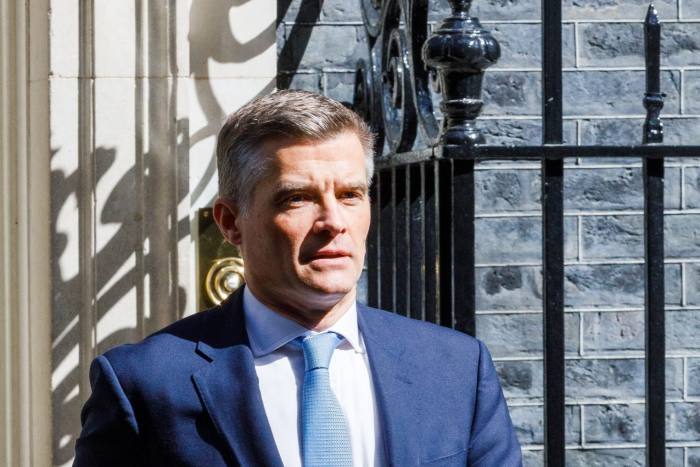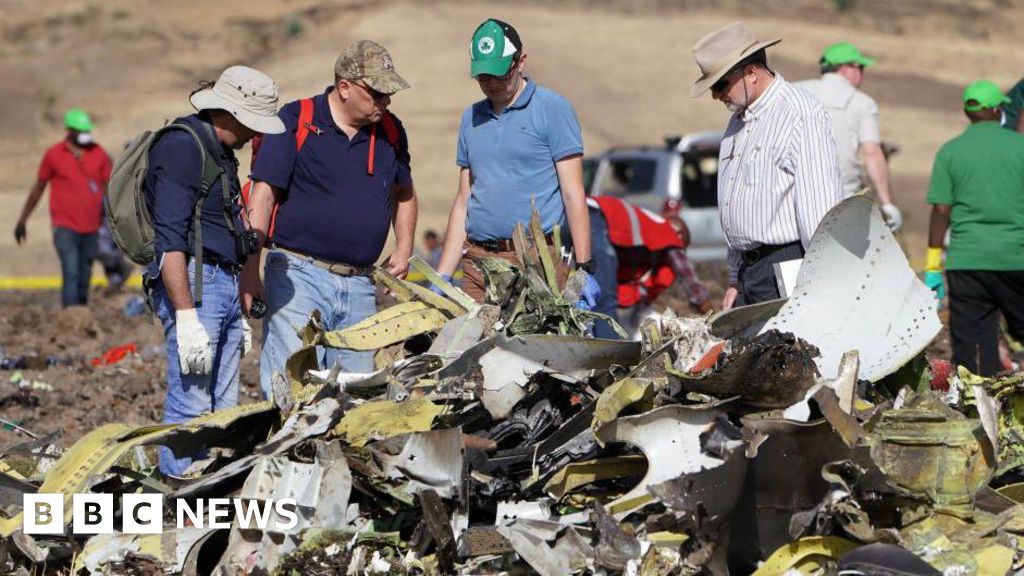Strike action by nurses in England is “premature and disrespectful” to other unions, health secretary Steve Barclay said on Sunday as the dispute between the government and health workers over pay and working conditions intensified.
The walkout by members of the Royal College of Nursing begins at 8pm on Sunday evening and will conclude at 11.59pm on May 1. It follows the union’s decision in April to reject a government offer that included a one-off payment and a 5 per cent pay increase in the 2023-24 fiscal year.
Barclay criticised the decision by the RCN to launch further strike action before the NHS staff council, which has representatives from 14 unions and oversees NHS pay, meets on Tuesday to consider what he said was the government’s “fair and reasonable” pay offer.
“Here’s a deal that Pat Cullen herself recommended to her members that we reached after days of negotiation in a fair and reasonable settlement,” he said, noting that other health unions such as GMB and the Royal College of Midwives had supported the government’s deal.
“The NHS Staff Council will meet to vote on whether it accepts the agreement that we negotiated with them. I think it’s right to wait for the NHS Staff Council to come to that decision. And I think this strike is premature and disrespectful to those trade unions that will be meeting on Tuesday.”
The latest action by the RCN comes as other public sector unions are accelerating strike action after rejecting government deals in a push for better pay and working conditions.
Teachers represented by the National Education Union are due to walk out on May 2, while all four of the UK’s major teaching unions — the NEU, the National Association of Head Teachers, the Association of School and College Leaders and the NASUWT — last week threatened co-ordinated strike action that could see upwards of 300,000 teachers down tools.
Meanwhile, civil servants represented by the Prospect union will walk out on May 10 and June 7.
Health leaders and ministers have voiced concern at the possible impact of the 28-hour strike action by nurses on patient safety. The walkout will affect 125 NHS trusts and will for the first time include nurses working in intensive care units, cancer care and emergency departments.
Pat Cullen, general secretary of the RCN, on Sunday insisted that the union would never leave “patients unsafe or create more risk”.
“There are national exemptions in place for a range of services, for emergency departments, for intensive care units, for neonatal units, paediatric intensive care units, those really acute urgent services,” Cullen told Sky News.

Despite the mitigations, Dame Ruth May, Chief Nursing Officer for England, warned that the health service was likely to be severely disrupted over the bank holiday.
“The industrial action will still have a very significant impact on services during the strike period and patients can expect to see longer waits for care,” she said.
Meanwhile, the general secretary of the train drivers’ union, Aslef, on Sunday criticised the transport secretary, after he accused striking rail workers — who are due to walk out on May 12, May 31 and June 3 — of deliberately targeting the Eurovision Song Contest and other events.
“Ukrainian Railways have been specifically targeted by Vladimir Putin, rail workers have been killed in their hundreds and I would have thought frankly rail workers would have wanted to stand in solidarity with them rather than targeting the Eurovision Song Contest,” Harper told Sky News.
Aslef general secretary Mick Whelan described the minister’s comments as “ridiculous”, adding: ‘The only people who are responsible for the ongoing strikes in this country — in all the different sectors of the British economy — are the government and the employers.”
Credit: Source link










